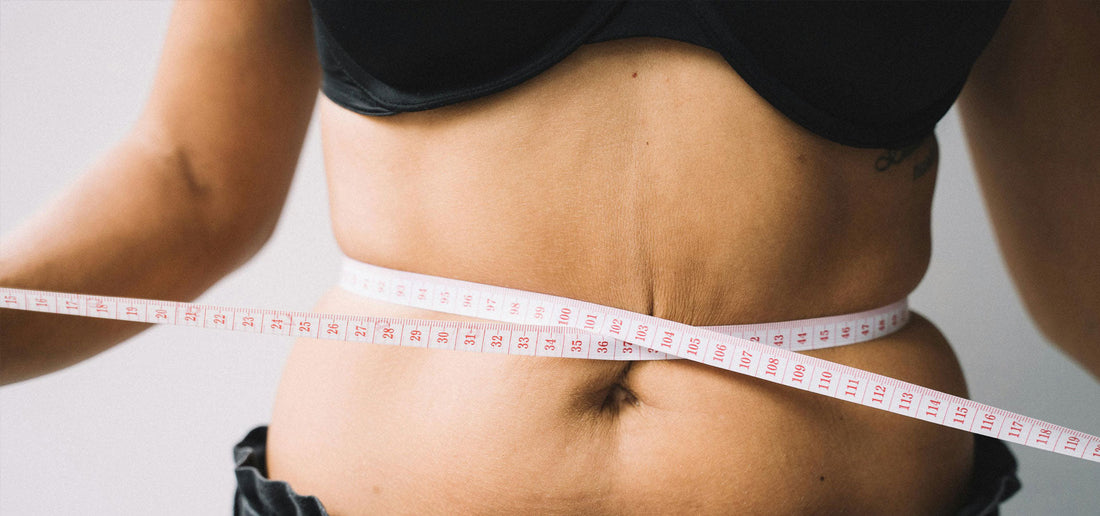Calories Burned, Caloric Intake, and Caloric Surplus/Deficit
Guideline:
To lose weight, aim for a caloric deficit of 500–1,000 calories per day, which generally leads to a loss of 0.5–1 kg per week.
For muscle gain, maintain a caloric surplus of 300–500 calories per day, along with resistance training, to support muscle growth.
Citations:
Centers for Disease Control and Prevention (CDC): "Healthy Weight – Losing Weight," CDC.gov, https://www.cdc.gov/healthyweight/losing_weight/index.html
Phillips, S. M., & Van Loon, L. J. (2011).
Dietary protein for athletes: From requirements to optimum adaptation. Journal of Sports Sciences, 29(sup1), S29-S38. DOI: 10.1080/02640414.2011.619204
Step Count for Muscle Building and General Fitness
Guideline:
Aim for 10,000 steps/day for general cardiovascular health and to support overall fitness.
While muscle-building activities (resistance training) are essential, incorporating daily steps promotes endurance, reduces body fat, and improves aerobic conditioning.
Citations:
Tudor-Locke, C., & Bassett, D. R. (2004). How many steps/day are enough? Sports Medicine, 34(1), 1-8. DOI: 10.2165/00007256-200434010-00001
American Heart Association: "Steps to Exercise," heart.org, https://www.heart.org/en/healthy-living/fitness/getting-active
Exercise Recommendations
Guideline:
For muscle gain, incorporate resistance training at least 3 times a week, for 30 minutes per session. This training should focus on progressive overload to increase muscle strength and size.
For overall health, adults should get at least 150 minutes of moderate-intensity aerobic activity or 75 minutes of vigorous-intensity activity per week, combined with muscle-strengthening exercises on 2 or more days per week.
Citations:
American College of Sports Medicine (ACSM): "Resistance Training for Health and Fitness," https://www.acsm.org
World Health Organization (WHO): "Physical activity and adults," WHO.int, https://www.who.int/news-room/fact-sheets/detail/physical-activity
Weekly Insights and Progress Tracking
Guideline:
Tracking your steps, calories, and exercise duration is crucial to monitor progress towards your fitness goals. Weekly insights, such as step trends and exercise consistency, can help you adjust goals and behaviors to improve performance.
Muscle gain and fat loss require consistent monitoring of caloric intake and exercise intensity. Minor adjustments to training and nutrition are often necessary to maintain progress.
Citations:
Hall, K. D., et al. (2011). Quantification of the effect of energy imbalance on body weight. The Lancet, 378(9793), 826-837. DOI: 10.1016/S0140-6736(11)60812-X
Schoenfeld, B. J., et al. (2017). Resistance Training Volume Enhances Muscle Hypertrophy but Not Strength in Trained Men. Medicine and Science in Sports and Exercise, 49(5), 1023–1031. DOI: 10.1249/MSS.0000000000001199
---
Disclaimer
The information provided in the VHFA is based on general health and fitness guidelines. Please consult with your healthcare provider or a licensed fitness professional before starting any new diet or exercise program. The recommendations in the app are not intended to substitute professional medical advice, diagnosis, or treatment.

